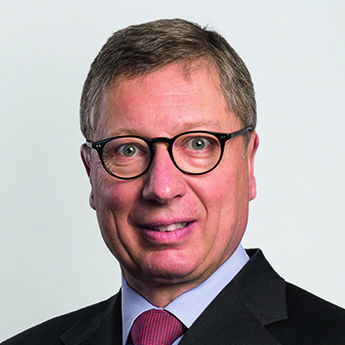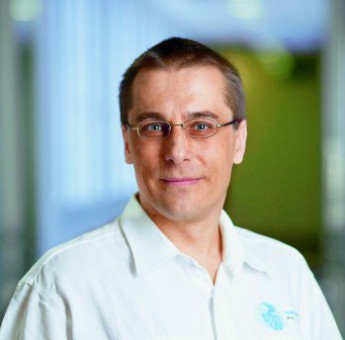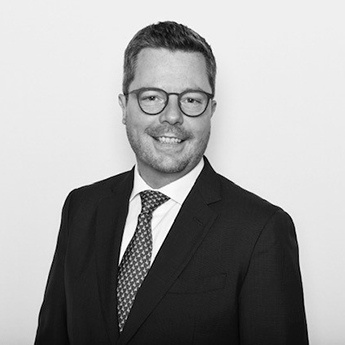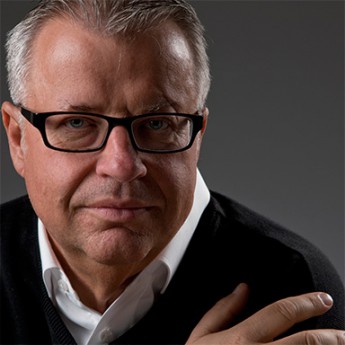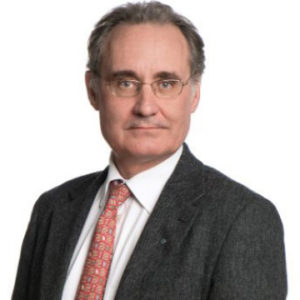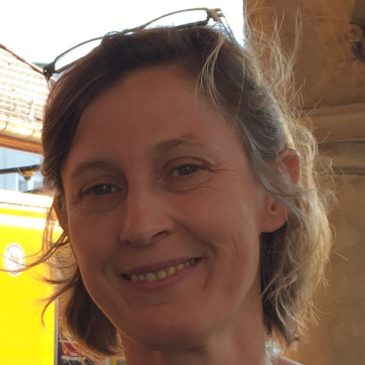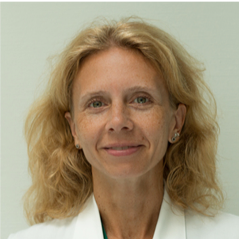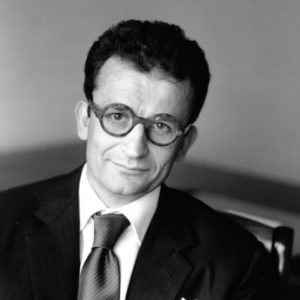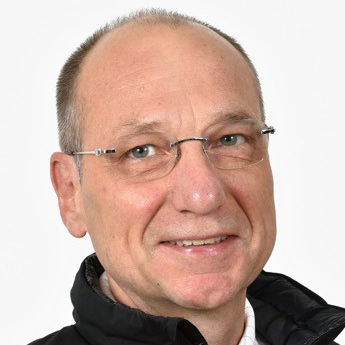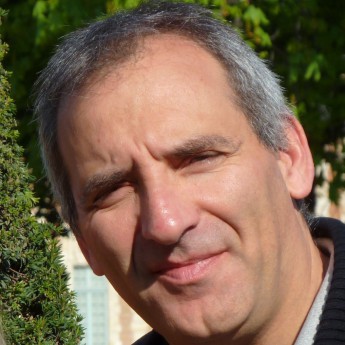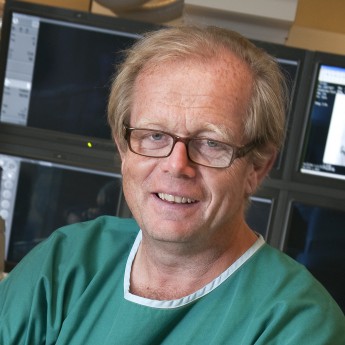This site uses cookies so that we can provide you with the best possible user experience. Cookie information is stored in your browser and performs functions such as recognizing you when you return to our website and helping our team understand which sections of the site you find most interesting and useful.
Privacy Policy Summary
Strictly Necessary Cookies
This option should be enabled at all times so that we can save your preferences for cookie settings.
If you disable this cookie, we will not be able to save your preferences. This means that each time you visit this site, you will need to enable or disable cookies again.
Third-party cookies
This site uses Google Analytics to collect anonymous information such as the number of site visitors and the most popular pages.
Keeping this cookie enabled helps us to improve our website.
Please enable Strictly Necessary Cookies first so that we can save your preferences!

